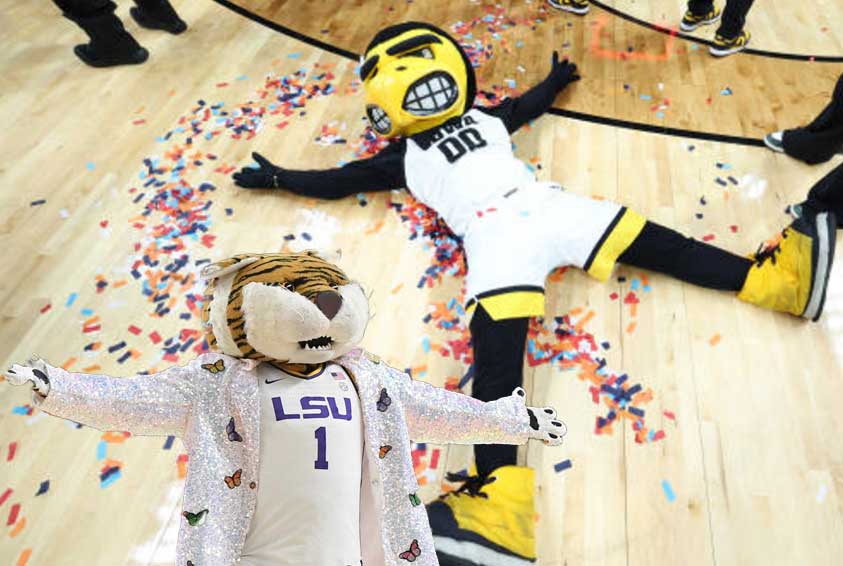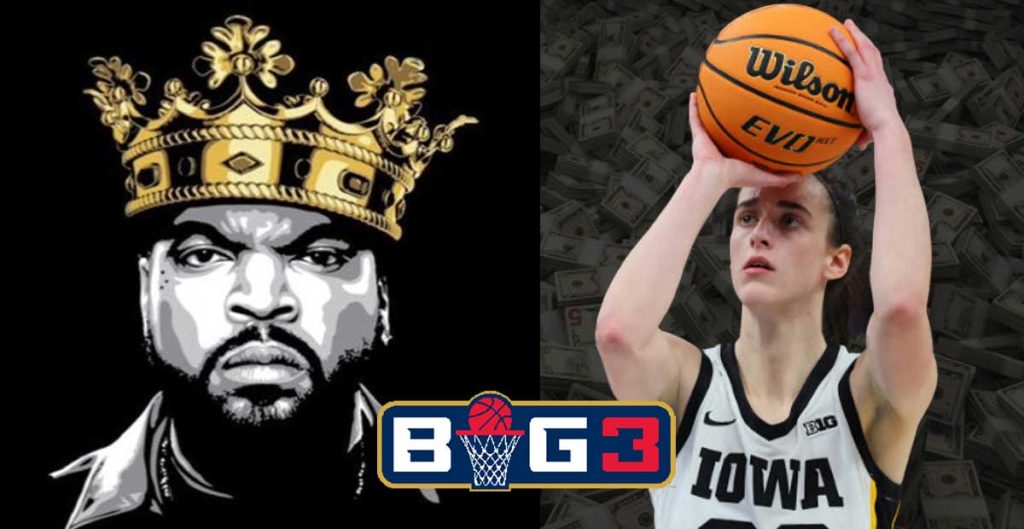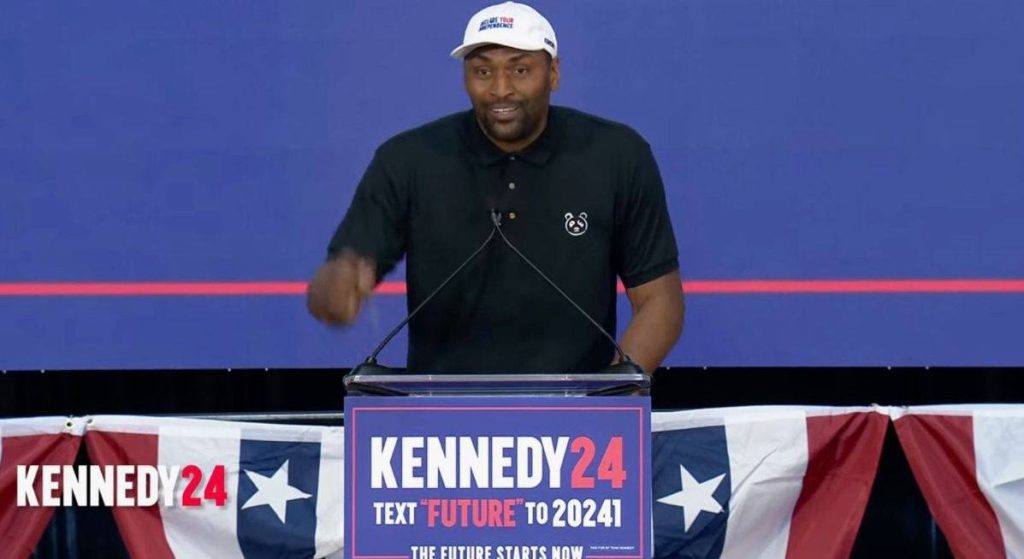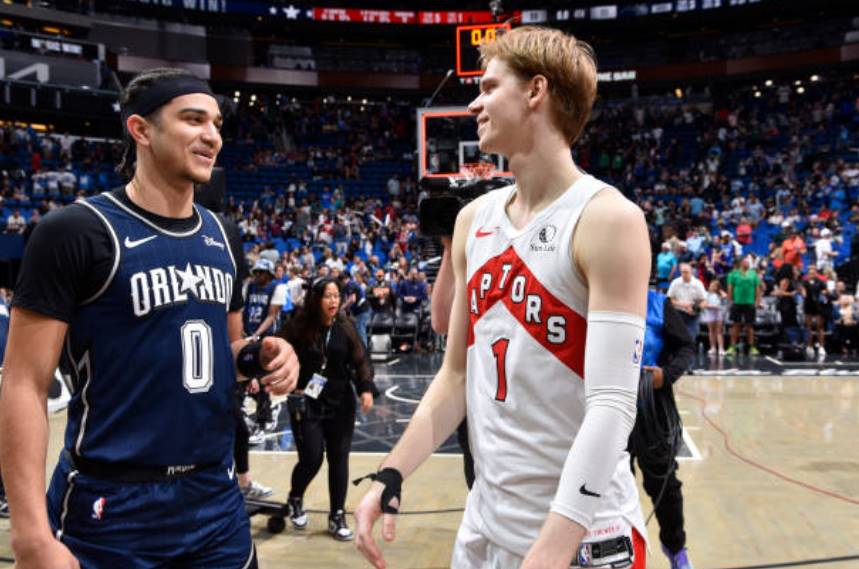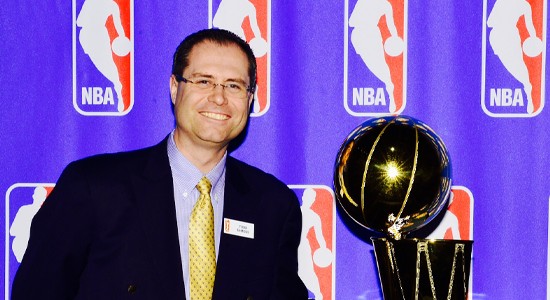
Penn State’s Associate Director of Digital Marketing Stephen Beutel Embraces New Technology For All Demographics
Stephen Beutel | Associate Director of Digital Marketing | Penn State University

A lot of my day-to-day has to do with looking at our different audiences, demographics, what are we doing for each, because you can’t forget about serving any of them.
Stephen Beutel
Associate Director of Digital Marketing
Penn State University
Tell us about your role as the Associate Director of Digital Marketing of the Penn State University.
I’ve been at Penn State Athletics for three years and now serve as the Associate Director of Digital Marketing within our marketing team. A traditional college athletics marketing professional wears many hats, from gameday fan experience to community relations to advertising and so much more, and I certainly came up in the industry learning all of these areas and how they work together. My role here fits into our larger staff to focus more exclusively on our digital marketing initiatives.

What does a typical day look like for you?
Digital marketing in my day-to-day includes three areas: digital advertising, email marketing strategy, and revenue and innovation.
That could include planning new and evaluating ongoing digital ad campaigns for our larger ticketed sports, sending emails to our ticket buyers and evaluating the success of past emails, and having demos with potential third-party tools and technologies that may help our department simply get better in a variety of different ways.
All of these initiatives cannot be done within our marketing department alone.
Whether it’s advertisements to sell tickets, or email communications, or surveying our fan base, all of these projects require daily collaboration across the entire external team within our staff.
This is one of my favorite aspects of my position, that I continue to build strong relationships with staff in creative, strategic communications, ticket sales and operations, customer relations, and more.
Each of my projects takes time to develop, evaluate, explore the fit for Penn State, understand our internal workflow, and collaborate with other involved colleagues to ensure we are being as strategic as possible.
After working in the sport industry for over six years, what would you say are the most important transferrable skills to have?
My career is still young, but so far, it has taken me back and forth across the country and to three of the Power Five college athletics conferences, and I’ve learned so much along the way. Luckily after graduating college, I was in a position to be able to relocate on a whim to Northern California, followed by another move to Florida one year after that.
I believe it is essential to be reliable, curious, and collaborative within any role or professional setting.
I’ve always had pride in my ability to be a “doer” when needed and be counted on to get the job done, and done well without cutting corners.
I also find myself to be naturally interested in learning more every day and constantly searching for ways to make things better. And of course, based on my role now, collaboration is absolutely key to being a successful teammate.
Beyond those skills, I’ve also learned that success isn’t necessarily rocket science. If you show up every day, have a positive attitude to get better, work well with others, and do your own job at a high level, a lot will fall into place.
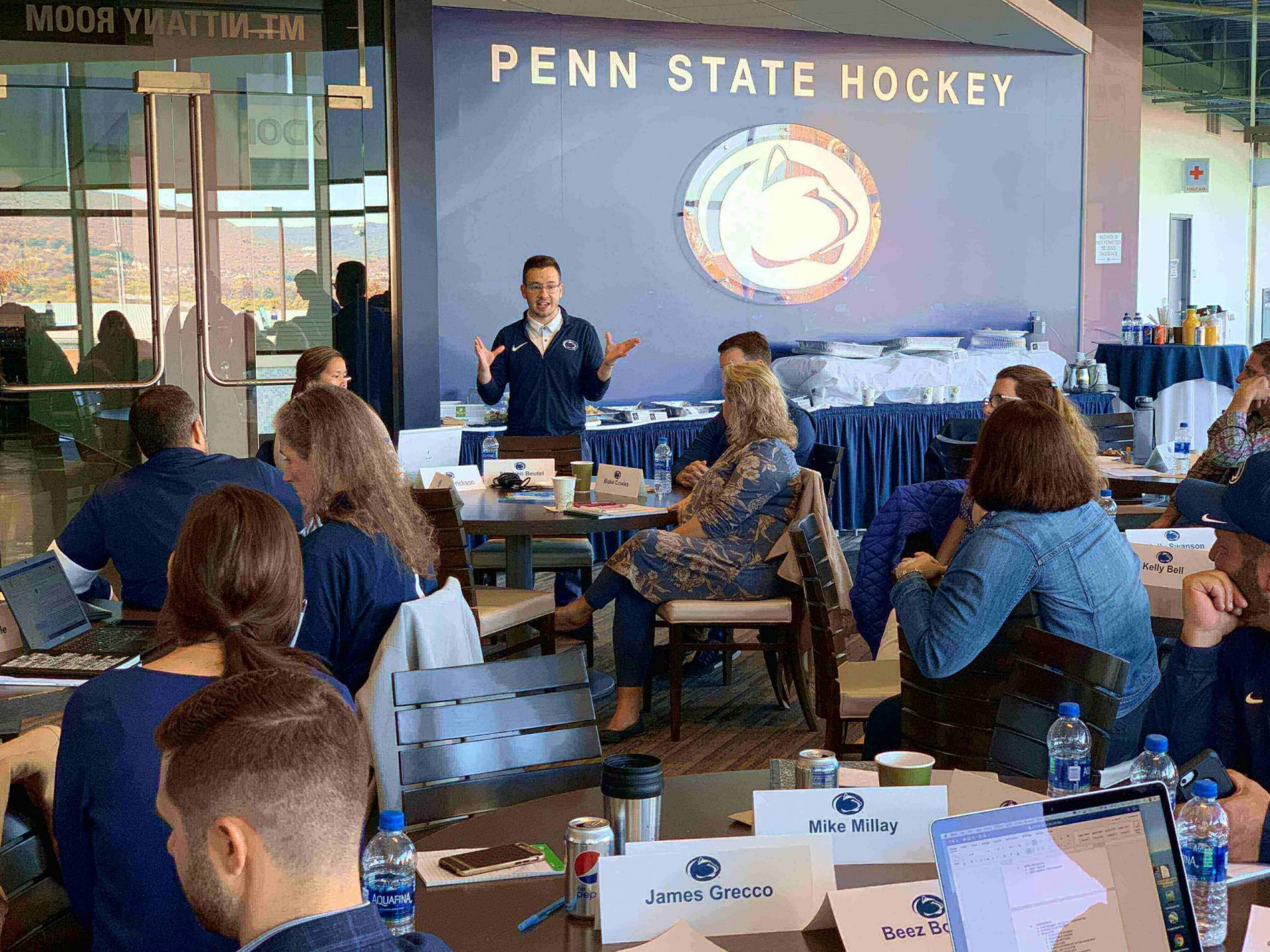
You've also attained a degree in Marketing and Sport Management. How did your education prepare you for your current role?
First and foremost, education is important and I’ll never say otherwise. But, in sports, education is not the end-all-be-all. I completed my undergraduate degree in Marketing and Sport Management, both in the business school at my university. I also completed my MBA in 2017 during my time working with the University of Florida Gators.
I’ve worked with so many people already who have such a unique educational background, and very different than mine. In sports, your major does not pigeonhole you into one department or competency; your work experience will drive that direction.
I had about four or five different internships in sports all before I graduated, which helped me discover what path I wanted my career to take.
I’m glad I got my MBA so early on in my career, and it has provided me with a much stronger understanding of the business world as a whole, luckily earning the degree from another great academic program.
Given that my current position is much more aligned with standard, industry marketing strategy, where our product happens to be sports, my educational background in business is an important foundation for my perspective at work on a daily basis.
How do you attract and embrace the millennial audience at Penn State University?
That’s the million-dollar question in business, not only in sports but for every modern company.
Attracting and maintaining a relationship with the younger demographic will be the lifeblood for our future success.
A lot of my day-to-day has to do with looking at our different audiences, demographics, what are we doing for each, because you can’t forget about serving any of them.
I’ve read this perspective elsewhere, but college athletics is likely among the better-suited businesses of all to continually tackle this task. Being in a higher education setting, every year we have a new crop of incoming freshmen (and at Penn State, across the commonwealth, that’s a lot) who are beyond excited to be part of the Penn State community.
And, each year, there’s a new graduating class going into the workforce with new disposable income, spreading geographically, possibly starting families in years to come.
We can’t rely on these two factors that are inherent to our business. We continually evaluate how do our fans consume media, how do they enjoy their door-to-door experience on game day, what messaging and language gets the most traction with our ads and emails. Every day from here for the rest of my career, this will be on top of the to-do list.
Are there any programs or tools that you use (i.e. Photoshop, Trello, etc.) that help you work productively and allow you to be creative? Would you recommend these programs to young aspiring professionals?
There sure are a variety of options out there, and I continue to develop my system to make sure it works the best for me. Ultimately, for young professionals, there’s no one answer – find what programs and structure work for you, allows you to be organized and dependable, and stay productive. Those are non-negotiables, so find a system for you that either enhances those strengths or helps you improve in those areas.
For me, I’m self-taught in Photoshop and have gotten very comfortable in design to help as needed, whether for our ad campaigns or email design, but always working closely with our professional designers first.
I’ve tinkered with Trello for certain items, and I currently use Todoist for my own to-do lists. A lot of coworkers are big whiteboard and dry erase marker users, I’m not myself, but if you’re more of a visual person, maybe that’s a fit.
I’ve tried to get better in Excel and with analysis, given my role trying to evaluate campaigns and their analytics.
There are lots of good resources out there to do online courses and demos to get better with a variety of professional tools.
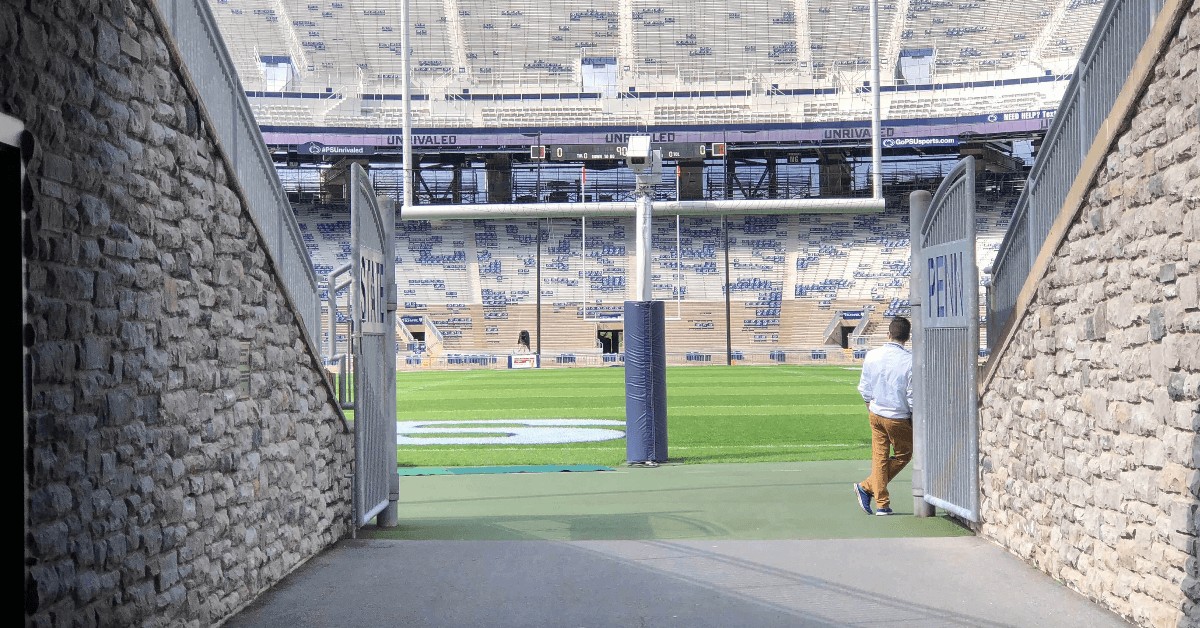
[get_current_post_author_pic_and_name]
As Associate Director of Digital Marketing, Stephen focuses on three main areas: digital advertising, email marketing, and revenue and innovation. All of which involve engaging different demographics and encouraging them to support Penn State. As Stephen mentioned, he pushes himself to learn each and every day to make his work better. Embracing new technology and building lifelong skills are extremely important in business as they will help both the organization and you, as a person, succeed. Universities and colleges will always have students entering and exiting; but, it is how you bring them in and keep them coming back to enjoy intercollegiate sports that will help the school succeed.
The Latest



